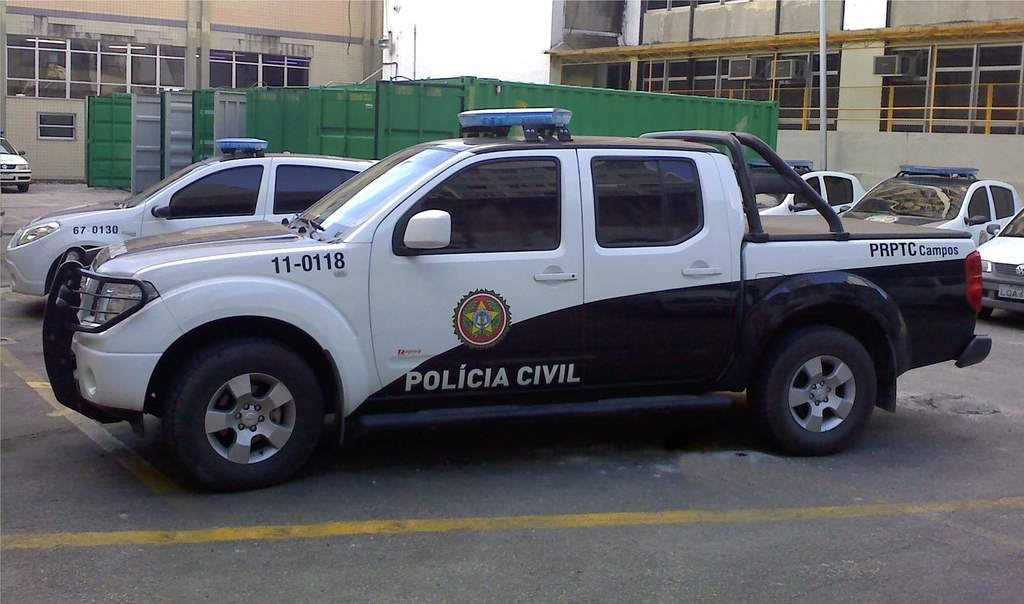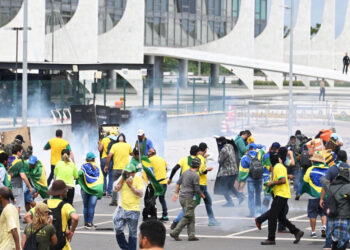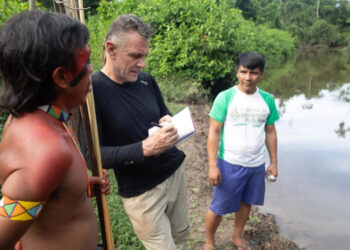More than half a million people were killed in homicides between 2006 and 2016 in Brazil, according to the latest statistics on violence in Latin America’s biggest country released on Tuesday.
In 2016 alone — the last year for which full statistics are available — there were a record 62,517 homicides, the study by the Ipea government research agency and the respected private Brazilian Forum on Public Security said.
That was up almost 26 percent from a decade earlier and marks Brazil as one of the most violent places on Earth, with a homicide rate of 30.3 for 100,000 people, 30 times over the European rate, the study said.
“Just in the last 10 years, 553,000 people lost their lives due to intentional violence in Brazil,” the researchers said.
https://twitter.com/spectatorindex/status/1000761043172446209
As has long been the case in Brazil’s crime landscape, young, poor blacks are by far the most likely to suffer, with whites, who make up about half the population, accounting for only 28.5 percent of annual homicides. For men between the ages of 15 and 29, the homicide rate rocketed up to nearly 281 for 100,000 people.
The homicides surge took place in a period when Brazil became an emerging market powerhouse, before plunging into economic disarray, and was led by poor states in the north and north-east.
Bahia state’s homicide rate leapt almost 98 percent in the decade, reaching 47 for 100,000 people. Rio Grande do Norte’s rate hit 53.4 people for every 100,000, a 257 percent increase, amounting to 1,854 people killed in 2016.
By contrast, Brazil’s biggest city and economic powerhouse Sao Paulo has witnessed a marked decline in violent deaths. There were 8,377 homicides there in 2006, but 4,870 in 2016, with the rate per 100,000 people dropping almost 47 percent.
Rio de Janeiro, where the government has sent the army to help police in their bloody battle against drug gangs, grabs the headlines these days. However, even with 6,053 homicides in 2016, that’s better than a decade earlier, when there were 7,389 killings. The rate per 100,000 people in Rio de Janeiro is slightly over the national average, at 36.4.























